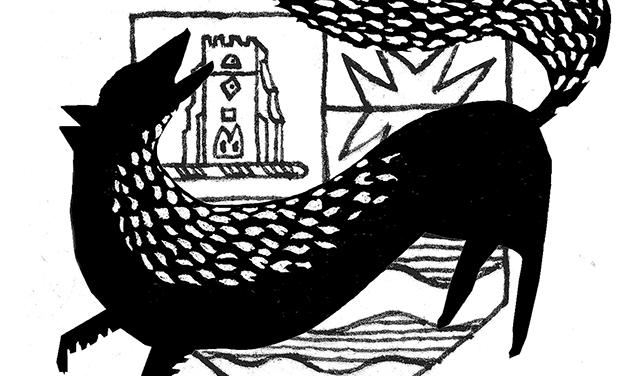Leader – ‘Real’ politics

When Labour’s Rosemary Sales lost her council seat in Stamford Hill West to Tory newcomer Ahron Klein, she said she feared residents would lose “good representation” on the grounds that her orthodox Jewish opponents “haven’t really tried to engage outside their own community”.
Similarly, on Labour wiping out the Liberal Democrats in Cazenove ward, a party spokesperson said “people are now going to see what it really means to be represented by real local councillors”.
Labour politicians may disagree with their Conservative and Liberal Democrat counterparts about many things, but to question their legitimacy as representatives betokens an agonistic approach to politics found most commonly in authoritarian regimes.
Vladimir Putin, Recep Tayyip Erdogan and Donald Trump challenge their opponents by trying to discredit them and their right to take part in politics.
There are multiple valid understandings of representation.
Labour’s own Diane Abbott has long been a forceful advocate of descriptive representation and positions herself unashamedly as the voice of black women. Yet her colleague Sales sees fit to criticise the Conservatives for speaking up for a different community.
The suggestion that the former Liberal Democratic councillors in Cazenove lacked authenticity – that they were not “real local councillors” – is more concerning still as it implies a failure to recognise the political ‘other’ as a worthy rival.
Only by respecting the legitimacy of our political opponents will we preserve democratic values.
